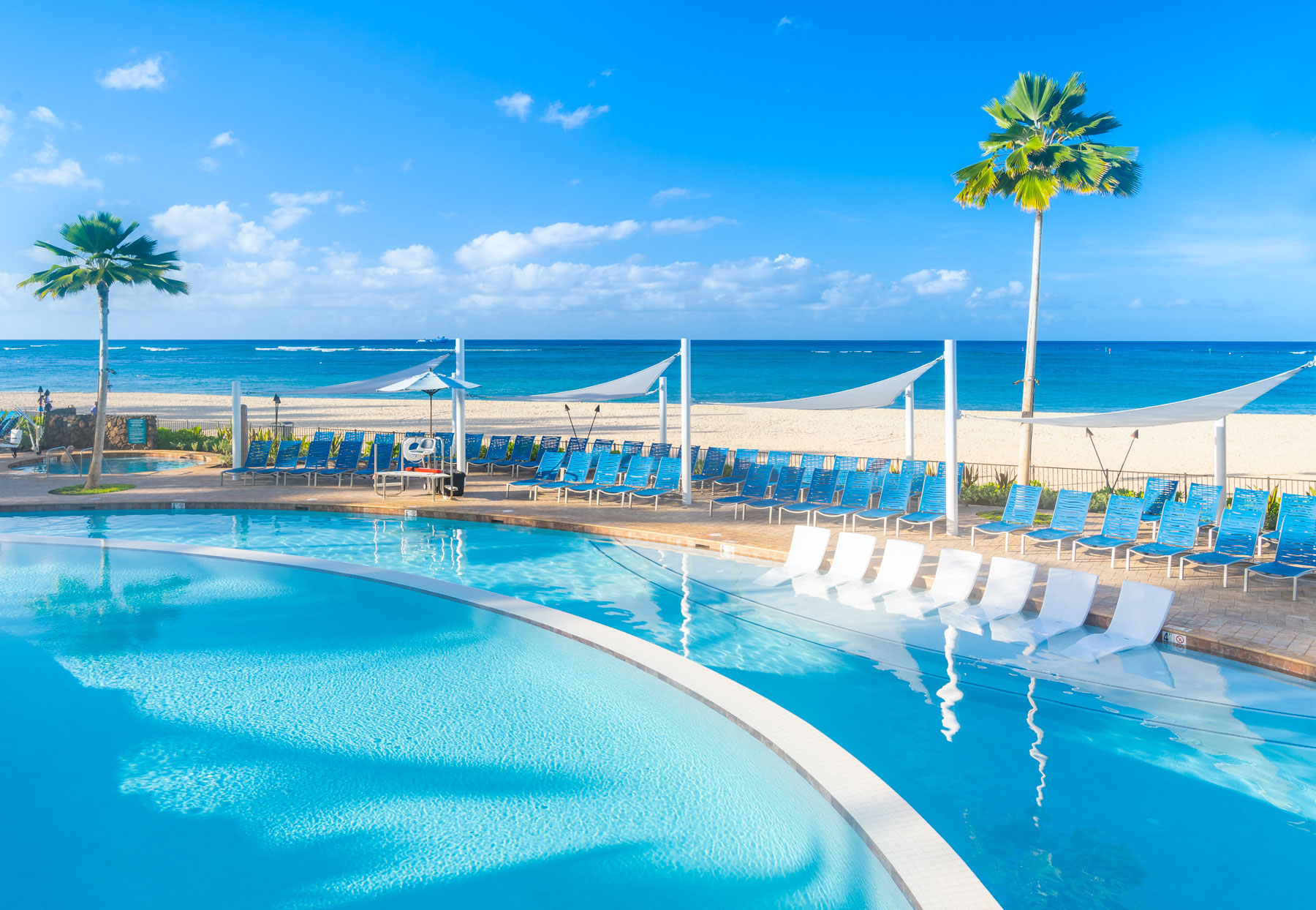Military resorts are experiencing a surge in popularity, offering a unique blend of history, recreation, and themed experiences. These destinations, often located near significant military sites or bases, cater to a diverse audience, from veterans and families to history buffs and adventure seekers. This exploration delves into the various types of military resorts, their target markets, and the key factors contributing to their success and future prospects.
From meticulously restored historical forts transformed into luxurious accommodations to purpose-built resorts offering immersive military-themed activities, the industry showcases a diverse range of offerings. This article examines the economic impact of these resorts, their sustainability efforts, and the unique challenges and opportunities they face in a competitive tourism market.
Defining “Military Resorts”
Military resorts represent a niche segment within the hospitality industry, offering leisure and recreational opportunities with a distinct military theme. These facilities vary considerably in their offerings, ranging from simple accommodations decorated with military memorabilia to expansive complexes featuring simulated combat training, historical displays, and specialized amenities catering to veterans and military enthusiasts. The term encompasses a broad spectrum of establishments, blurring the lines between pure entertainment and educational experiences.The historical context of military resorts is multifaceted.
Early examples might include military-owned or -operated rest and recuperation centers established during wartime, providing soldiers with a respite from active duty. Post-war, the rise of military-themed attractions and the increasing popularity of themed resorts in general paved the way for the development of more sophisticated military-focused leisure destinations. The evolution has seen a shift from primarily utilitarian facilities to more commercially driven enterprises, aiming to attract a wider range of visitors, including civilians interested in military history and culture.
Types of Military Resorts and Their Features
Military resorts can be categorized based on their primary focus and the types of experiences they offer. Some may emphasize historical reenactments and museum-like displays of military artifacts, while others focus on providing adventurous activities such as simulated combat training, obstacle courses, or shooting ranges. A third category might highlight relaxation and camaraderie, offering comfortable accommodations, spa facilities, and social events tailored to the military community.
For example, a resort could specialize in showcasing World War II history, complete with period-accurate vehicles and exhibits, while another might focus on modern military technology, offering virtual reality combat simulations and tours of active bases (where permitted).
Comparison with Other Themed Resorts, Military resorts
While sharing some common ground with other themed resorts, military resorts possess unique characteristics. Spa resorts, for instance, prioritize relaxation and wellness, offering treatments and therapies. Adventure resorts, on the other hand, concentrate on outdoor activities like hiking, climbing, and water sports. Military resorts, however, frequently blend elements of history, adventure, and relaxation, appealing to a diverse clientele.
The emphasis on camaraderie, shared experiences, and the celebration of military heritage distinguishes them from other themed resorts that may focus solely on a particular era or fictional setting. A key difference lies in the potential integration of educational elements and the specific target audience, which often includes veterans and their families, seeking a connection to their shared history and experiences.
The rise of military resorts highlights a growing interest in experiential tourism and themed destinations. These establishments offer a unique blend of historical preservation, recreational activities, and community engagement. While facing challenges related to sustainability and market competition, the industry demonstrates potential for growth and innovation, adapting to changing demographics and evolving tourist preferences. The future of military resorts lies in their ability to balance historical authenticity with modern amenities and sustainable practices, ensuring a memorable and enriching experience for all visitors.
Notice kirkwood by the river for recommendations and other broad suggestions.


